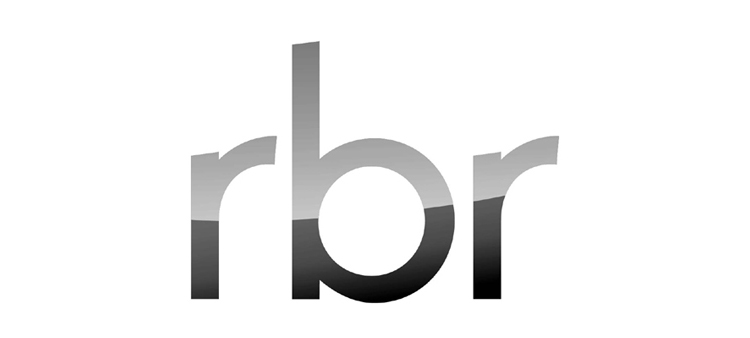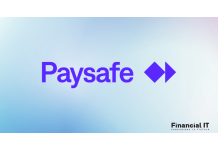Enfuce and Avida Achieve Record-Breaking Nordic Card...
- 14.11.2025 02:45 pm
Enfuce Enters Latin America With Swile, Launching Next...
- 14.11.2025 09:25 am
dLocal and Félix Launch Instant, Stablecoin-Funded...
- 14.11.2025 09:15 am
Endava and Paysafe Unite to Redefine the Future of...
- 14.11.2025 08:55 am
Paymentology Brings PayCredit to APAC as Singapore...
- 14.11.2025 08:55 am
Wise Platform Partners With Wealthsimple to Offer...
- 13.11.2025 11:35 am
Liquid Group and TerraPay Sign MoU to Advance Cross-...
- 13.11.2025 11:35 am
Mastercard and Thunes Bring Stablecoin Payouts to the...
- 13.11.2025 08:45 am
Cincinnati Bengals Partner With Shift4 to Enhance...
- 13.11.2025 08:30 am
TransferMate Secures Payment License Approval in the U...
- 12.11.2025 03:55 pm
BLIK Joins Forces With European Payment Systems
- 12.11.2025 03:55 pm
Visa’s Scan to Pay Goes Live, Bringing Seamless QR...
- 12.11.2025 12:25 pm






















